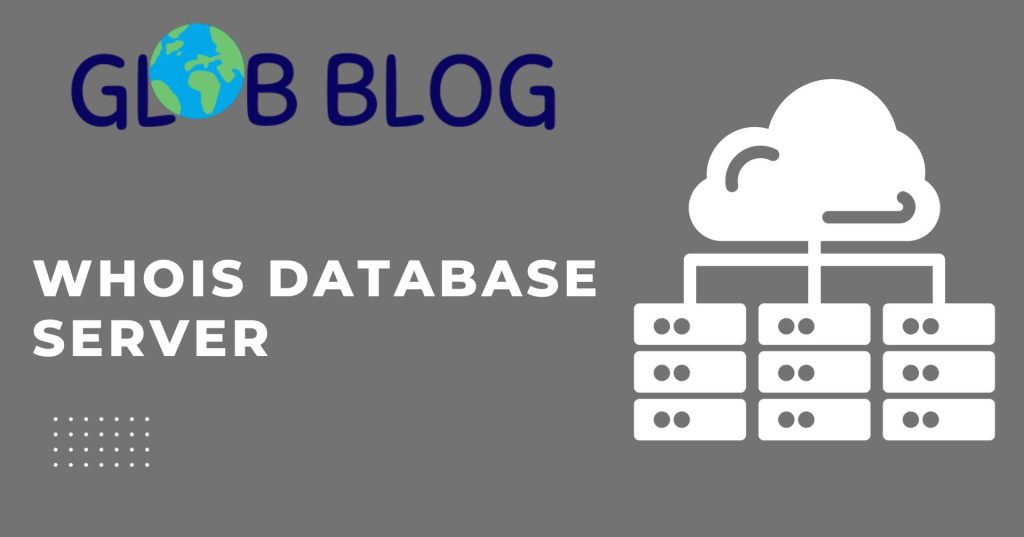A Closer Look at the Web’s Directory
In the vast realm of the internet, where millions of websites flourish, there exists a vital resource that sheds light on the ownership and details of domain names – the WHOIS database. In this blog post, we’ll explore the intricacies of WHOIS, unraveling its importance and the key components that make it an indispensable tool for the online world.
- What is a WHOIS database?
- Who maintains the WHOIS database?
- WHOIS database domain name?
- What is the ICANN database?
- What is the full form of WHOIS?
- Why is WHOIS important?
- What is a Whois server?
- What protocol does Whois use?
- Does Whois have an API?
What is a WHOIS Database?
The WHOIS database serves as a comprehensive directory containing essential information about registered domain names and their respective owners. When an individual or organization registers a domain name for a website, they are required to provide specific details such as their name, address, email address, and phone number. All this information finds its home in the WHOIS database, creating a transparent record of domain ownership.

Who Maintains the WHOIS Database?
The custodian of the WHOIS database is typically the domain registrar – the entity responsible for facilitating the registration of domain names. Registrars accredited by the Internet Corporation for Assigned Names and Numbers (ICANN) are mandated to maintain and update the WHOIS database regularly.
What is the ICANN Database?
ICANN, the acronym for the Internet Corporation for Assigned Names and Numbers, is a non-profit organization that oversees the management of the global Domain Name System (DNS). As the governing body, ICANN sets the rules and policies that registrars must adhere to, ensuring the smooth functioning and integrity of the WHOIS database.
What is the Full Form of WHOIS?
WHOIS stands for “Who Is.” The name itself reflects the purpose of the database – to answer the fundamental question of who owns a particular domain name.
Why is WHOIS Important?
The significance of WHOIS lies in its ability to provide transparency and accountability in the domain registration process. It enables individuals and organizations to look up information about a domain, aiding in tasks such as checking domain availability, identifying website owners, and resolving domain-related disputes.
What is a WHOIS Server?
A WHOIS server is a server that stores and manages the WHOIS database. Each domain registrar operates its own WHOIS server, making it the go-to destination for retrieving information about domain names registered through that specific registrar.
What Protocol Does WHOIS Use?
WHOIS operates using the Transmission Control Protocol (TCP) and typically communicates over port 43. Users can access WHOIS information through the command line or online WHOIS lookup tools that interact with the WHOIS server using this protocol.
Does WHOIS Have an API?
Yes, WHOIS provides an Application Programming Interface (API) that allows developers to programmatically access WHOIS information. This API facilitates the integration of WHOIS data into various applications, automating processes and making it easier to retrieve domain information.
In conclusion, the WHOIS database stands as a cornerstone in the functioning of the internet, offering a transparent and accessible record of domain ownership. Its role in promoting accountability, transparency, and aiding in various online activities underscores its importance in the digital landscape.